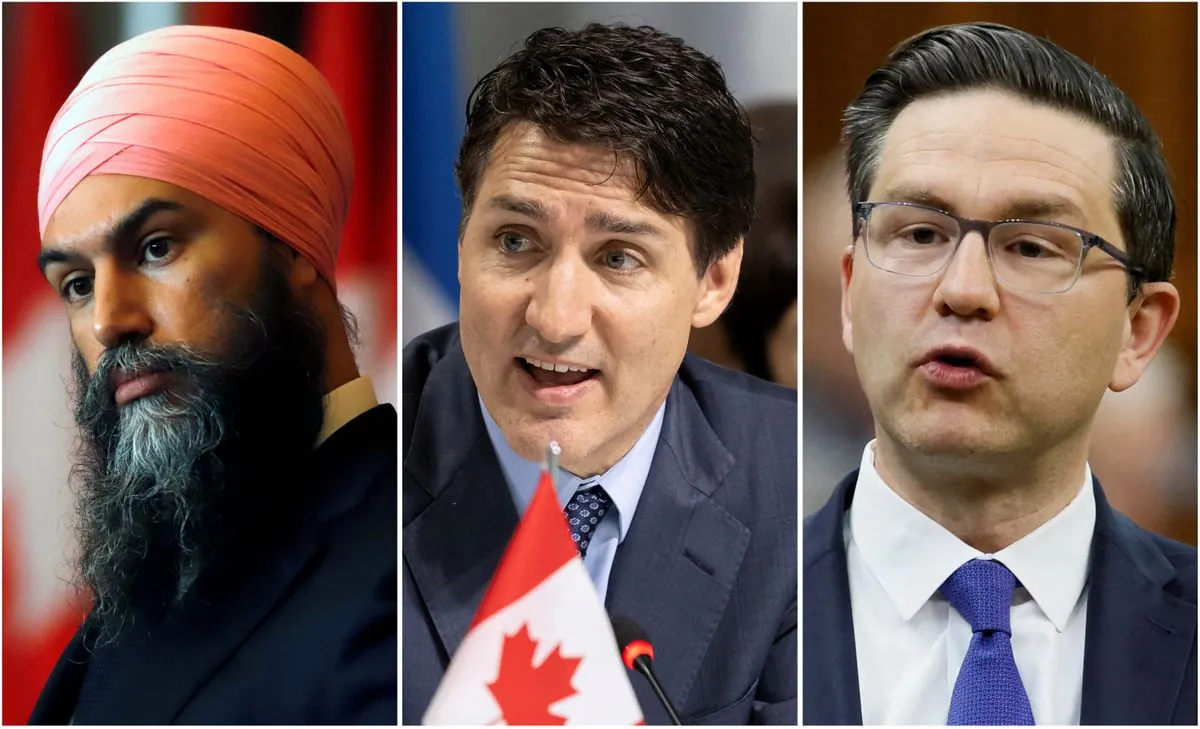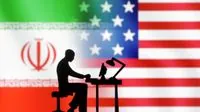NDP Ends Coalition with Trudeau's Liberals, Raising Election Speculation
Jagmeet Singh terminates support agreement with Justin Trudeau's government, citing weakness and selfishness. The move increases the possibility of early elections in Canada, with a no-confidence vote on the table.

In a significant political development, Jagmeet Singh, leader of Canada's New Democratic Party (NDP), has terminated the supply-and-confidence agreement with Prime Minister Justin Trudeau's Liberal Party. This decision, announced on September 4, 2024, has sent ripples through Canadian politics, potentially altering the country's political landscape.
The agreement, which began in March 2022, had been crucial in maintaining the stability of Trudeau's minority government. It allowed the Liberals to govern with NDP support on confidence votes in exchange for progress on key NDP policies. This arrangement was unprecedented at the federal level in Canada, marking a unique chapter in the nation's political history.
Singh cited the Liberal government's perceived weakness and selfishness as reasons for ending the coalition. He particularly criticized Trudeau's handling of a recent railway strike, where the government sought binding arbitration. This move by the Liberals was seen by the NDP as favoring corporate interests over workers' rights.
"They don't deserve another chance from Canadians. The Liberals have proven they'll cave to corporate greed."
The termination of this agreement does not automatically trigger an election. However, it significantly increases the likelihood of Canadians going to the polls before the scheduled October 2025 election. Singh has mentioned that a no-confidence vote is now "on the table," a move that could potentially lead to an early election if successful.

In response to these developments, Justin Trudeau expressed confidence in his ability to make parliament work and continue "delivering for Canadians." Meanwhile, Pierre Poilievre, leader of the Conservative Party, dismissed Singh's announcement as a "stunt," criticizing the NDP leader for not immediately calling for a no-confidence vote.
This political shake-up comes at a time when the Liberals are facing challenges in public opinion polls. Canadian voters have expressed growing frustration with issues such as housing affordability and rising inflation, factors that have contributed to the Conservative Party's lead in recent polls.
The situation highlights the complexities of Canada's parliamentary system, where minority governments often rely on support from other parties to maintain power. With 338 seats in the Canadian Parliament, the dynamics of forming and maintaining government can be intricate and subject to sudden changes.
As Canada navigates this new political landscape, the coming weeks will be crucial in determining whether the country will face an early election or if Trudeau's government can find alternative ways to secure parliamentary support. The outcome will have significant implications for Canada's political future and its approach to pressing national issues.


































